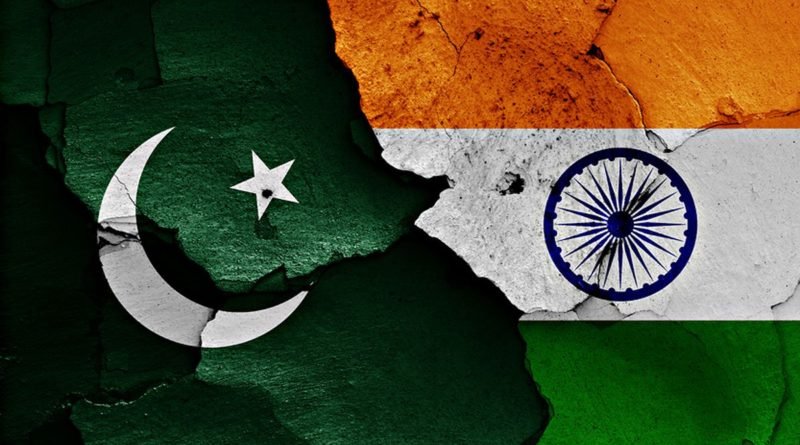Pakistan rakes up J&K issue at UN High-Level session
United Nations: As global leaders underscored the importance of reformed multilateralism to ensure an “effective collective response” to global crises such as COVID-19 at a high-level session here, Pakistan used it to rake up the issue of Jammu and Kashmir and oppose the expansion of the Security Council’s permanent membership.
Pakistan’s Minister for Foreign Affairs Shah Mahmood Qureshi, who just recovered from COVID-19, raised the issue of Jammu and Kashmir in his address Friday to the High-Level Segment of UN ECOSOC titled ‘Multilateralism after COVID 19: what kind of UN do we need at the 75th anniversary?’
He said the United Nations and the entire concept of multilateralism has been eroded by resorting to hegemonism, coercion and arbitrary use of force.
Qureshi said Pakistan was “particularly concerned” by the “oppression and atrocities” being perpetrated against the people of Jammu and Kashmir.
India has firmly told Pakistan that the Union Territory of Jammu and Kashmir has been, is, and shall continue to be an integral part of India. New Delhi has maintained that issues related to Jammu and Kashmir are internal matters to India.
Qureshi also said that the Security Council will not be revitalised by accommodating the “narrow ambitions of those who seek power and privilege” and additional permanent members in the Security Council will “compound, not resolve, its paralysis.”
“Indeed, it is the small and medium sized states with the highest stake in the UN-led world order, which can help to promote an equitable and effective structure of international peace and security,” he said.
India has been at the forefront of efforts at the UN to push for an urgent long-pending reform of the Security Council, emphasising that it rightly deserves a place at the UN high table as a permanent member.
In his keynote address to the session, Prime Minister Narendra Modi said the fury of the COVID-19 pandemic provides the context for the “rebirth and reform” of the United Nations and called on nations to pledge to reform the global multilateral system to enhance its relevance and make it the basis of a new type of “human-centric globalisation.”
He said the 75th Anniversary of the founding of the UN is an opportunity to assess its role and relevance.
The prime minister underscored that only “reformed multilateralism” with a reformed United Nations at its center can meet the aspirations of humanity.
Pakistan uses various UN fora to consistently rake up India’s domestic issues, including Jammu and Kashmir and other domestic policies and internal affairs.
Islamabad has been unsuccessfully trying to drum up international support against India for withdrawing Jammu and Kashmir’s special status on August 5 last year and bifurcating it into two union territories.
India has categorically told the international community that the scrapping of Article 370 of the Constitution was its internal matter. It also advised Pakistan to accept reality and stop all anti-India propaganda.
The United Nations Economic and Social Council (ECOSOC) had hosted the high-level conversation among leaders on “global solidarity and renewed multilateralism” during times of crisis and in the continuing pursuit of long-term sustainable development. Prime Minister Narendra Modi and Norwegian Prime Minister Erna Solberg were among the world leaders who addressed the High-Level Segment.
The session was aimed at reflecting on the kind of “multilateralism needed today to deliver a forward looking and effective collective response to global crises such as COVID-19 and long-term challenges such as climate change, while accelerating progress towards the implementation of the 2030 Agenda.
The UN organ had said that central to the discussion will be the role of the UN and its institutions in charting the way forward towards more trusted and impactful international cooperation.
“Against the backdrop of a changing international environment, the session will focus on critical forces shaping the trajectory of multilateralism and explore ways to reinvigorate the multilateral agenda through strong multilateral leadership, effective international institutions and an enhanced focus on global public goods and justice for all,” the UN said. (PTI)
